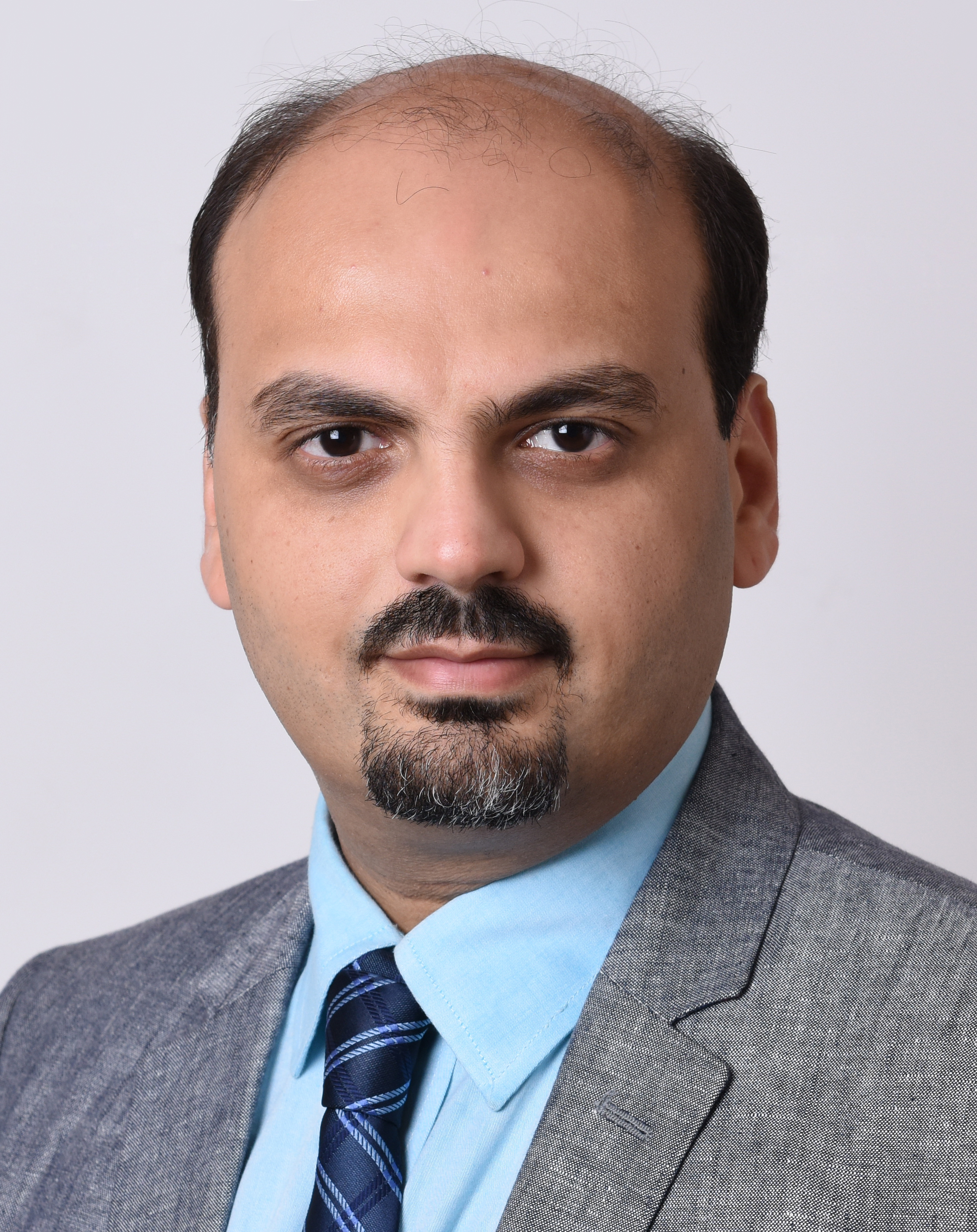Aalok Khandekar

I am Assistant Professor of Anthropology/ Sociology at Department of Liberal Arts, Indian Institute of Technology Hyderabad (IITH). I hold B.E. and M.S. degrees in Electrical Engineering (Veermata Jijabai Technological Institute, Mumbai University (India, 2002) and Pennsylvania State University (U.S.A., 2004) respectively), and a Ph.D. in Science and Technology Studies (STS) from the STS Department at Rensselaer Polytechnic Institute (U.S.A., 2010). Before joining the faculty at IITH, I have held academic appointments at the Faculty of Arts and Social Sciences, Maastricht University (Netherlands) and the School of Engineering, Rensselaer Polytechnic Institute (U.S.A.).
At the broadest level, my research explores the interconnections between science, technology, and society writ large. My doctoral research examined the transnational movements of engineering students and professionals between India and the United States, as a window into understanding emergent contours of a globalized knowledge economy. Since, I have also explored the role of science, technology, and engineering in advancing Development and Sustainability goals, in particular as part of the Nanotechnologies for Development project housed at the Maastricht University Science, Technology, and Society Studies (MUSTS) research group.
My ongoing research seeks to understand and develop interdisciplinary collaborative capacity among variously positioned social actors (among researchers in the sciences, engineering, and the humanities and social sciences, policy makers, and civil society based advocates, for example) that is necessary to address complex sustainability challenges of the twenty-first century. In my rendering, such collaborations have many dimensions: they are simultaneously a problem of culture, of data, of infrastructure, and of ethics. Even as interdisciplinarity and collaboration have come to be valorized among scholarly and funding ecologies, models for actualizing such work are not yet readily available. Appropriate vocabularies, pedagogies, institutional reward structures, organizational modes, and ethical dispositions all need to be figured out still for meaningful interdisciplinary collaborations to take hold. In my current work, I participate in and help shape collaborations (with techno-scientific communities especially) that in turn also become objects of ethnographic scrutiny.
Two projects that I am currently are particularly noteworthy in this context. First, I currently lead a collaborative research project focused on the cultural, political, and techno-scientific dimensions of air pollution governance in five Indian cities (Bengaluru, Chennai, Delhi, Hyderabad, and Pune). This project coordinates with similar research being conducted in other cities globally (including Albany (NY), Beijing, Houston, Los Angeles, New York City, Paris, and Philadelphia). Project findings and analysis are documented on an ongoing basis on The Asthma Files platform. The Asthma Files runs as an instance of the Platform for Experimental and Collaborative Ethnography (PECE platform), which is itself an ongoing effort to create (Drupal-based) open source research infrastructure that can simultaneously become a public archive and also enable transnational collaborative research in the Humanities and Social Sciences.
Second, I am helping develop the STS Across Borders initiative, which will take the form of a physical exhibit at the upcoming annual conference of the Society for the Social Studies of Science (4S) to be held in Sydney, Australia from Aug 29 through Sept 1, 2018 and a digital archive with varied materials (scholarly texts, media and other reports, audio/video interviews, field research images, videos etc.) that will continue to be developed beyond the Sydney meetings. STS Across Borders aims to become an archive for the field of STS, helping identify various intellectual genealogies for scholarly engagements and establish grounds for a deeply diverse, plural, and transnational field of scholarly inquiry.
I teach a wide variety of courses at the intersection of cultural anthropology, STS, and South Asian studies at both the undergraduate and graduate levels. Courses I have taught include: Urban Futures, Globalization Studies, Network Society, Advanced Introduction to STS, and Ethnographic Research Design. I have also developed curricula for an undergraduate minor program on India Studies at Maastricht University and on Engineering & Society at Rensselaer Polytechnic Institute.